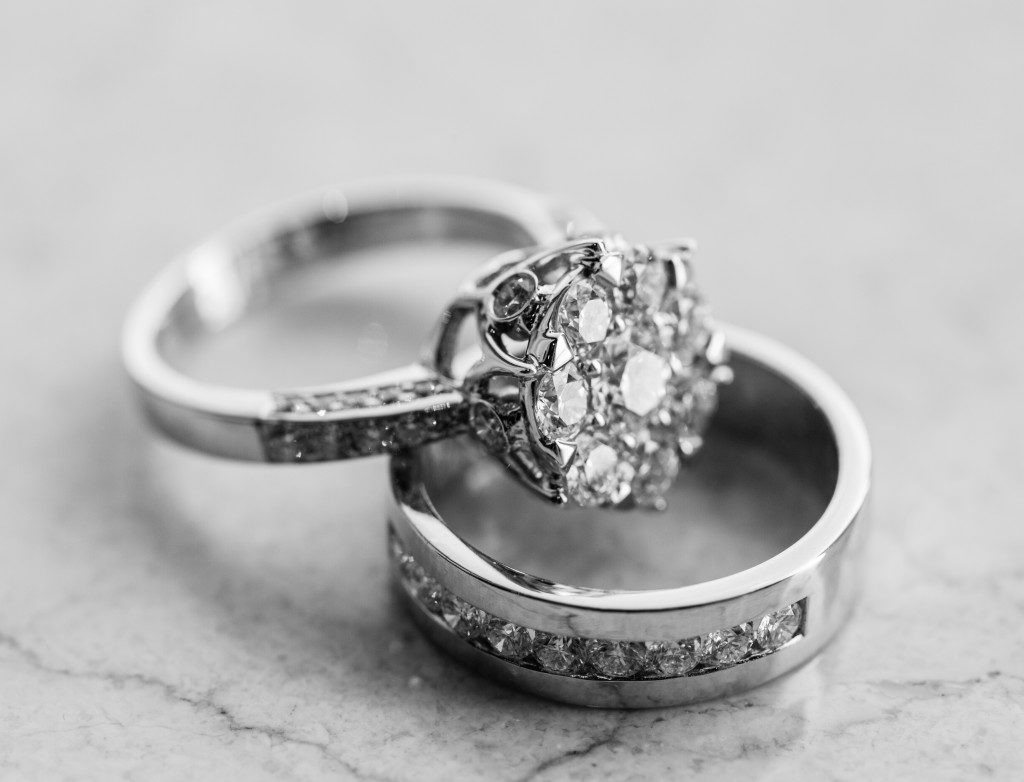Before we delve into the negative aspects of peer pressure, we must first understand the importance of peers and their role in the development of children and young adults. Our peers influence our early years, becoming our source of support as we grow older.
While our friends become important support groups and peer influences, however, there also comes the downside of having the wrong people around you, or those who encourage peer pressure.
Negative Peer Pressure
Negative peer pressure can encourage kids to engage in bad behaviors, such as cheating, stealing, bullying, smoking, and even substance abuse. It can lead kids to commit crimes in the future, engage in illegal activities, or somehow end up in a drug rehab center in Nampa.
While these children probably know that what they are doing is wrong, they may still do it because of misguidance and the desire to fit in or belong with a group.
What to Do
While peer pressure is most common among younger people, it can happen in any situation, regardless of age, gender, and cultural differences. Peer pressure presents itself when peer groups or an individual encourages a change in behavior, values, attitudes, and beliefs from a person in order to conform to the group doing the influencing or the individual.
If you find yourself in a group or person pressuring you to do things, make sure you keep in mind the following things.
- Avoid people trying to influence you into doing dangerous or illegal activities
- Learn to say “no” to get out of negative peer situations
- Be aware of your online activities and the people you get in contact with
- Talk to trusted friends, adults, or guidance counselors to help yourself become more assertive
If you are a parent, negative peer pressure on your kids may not seem too obvious. What you should do is to look out for changes in behavior such as their sense of fashion, signs of the possible use of drugs, and failing grades.
Foster an open and honest line of communication between you and the kids. Teaching them to make informed decisions will make them less likely to face negative peer pressure from groups. Also, being there for them without any judgment can be very comforting if they are facing peer problems.
Positive Peer Pressure

Even though a bulk of this reading involves the many negatives of peer pressure, having a set of good reliable peers is also very beneficial as we grow older. Positive peers may be the college organization you are involved with, your church chorale, your varsity teammates, and sometimes even your family.
If you are a parent reading this, be sure your children are involved with the right people. Monitor who they communicate with online, as negative peer pressure can also come from social media and online mediums.
Even with the negative implications of peer pressure, a good peer group may also be people trying to reach out to individuals recovering from loss, tragedy, and trying to bounce back from substance or alcohol abuse. Peer pressure should not just be looked down upon, but also be seen as a driving force that inspires others to do better and recover from their lives’ many setbacks.



